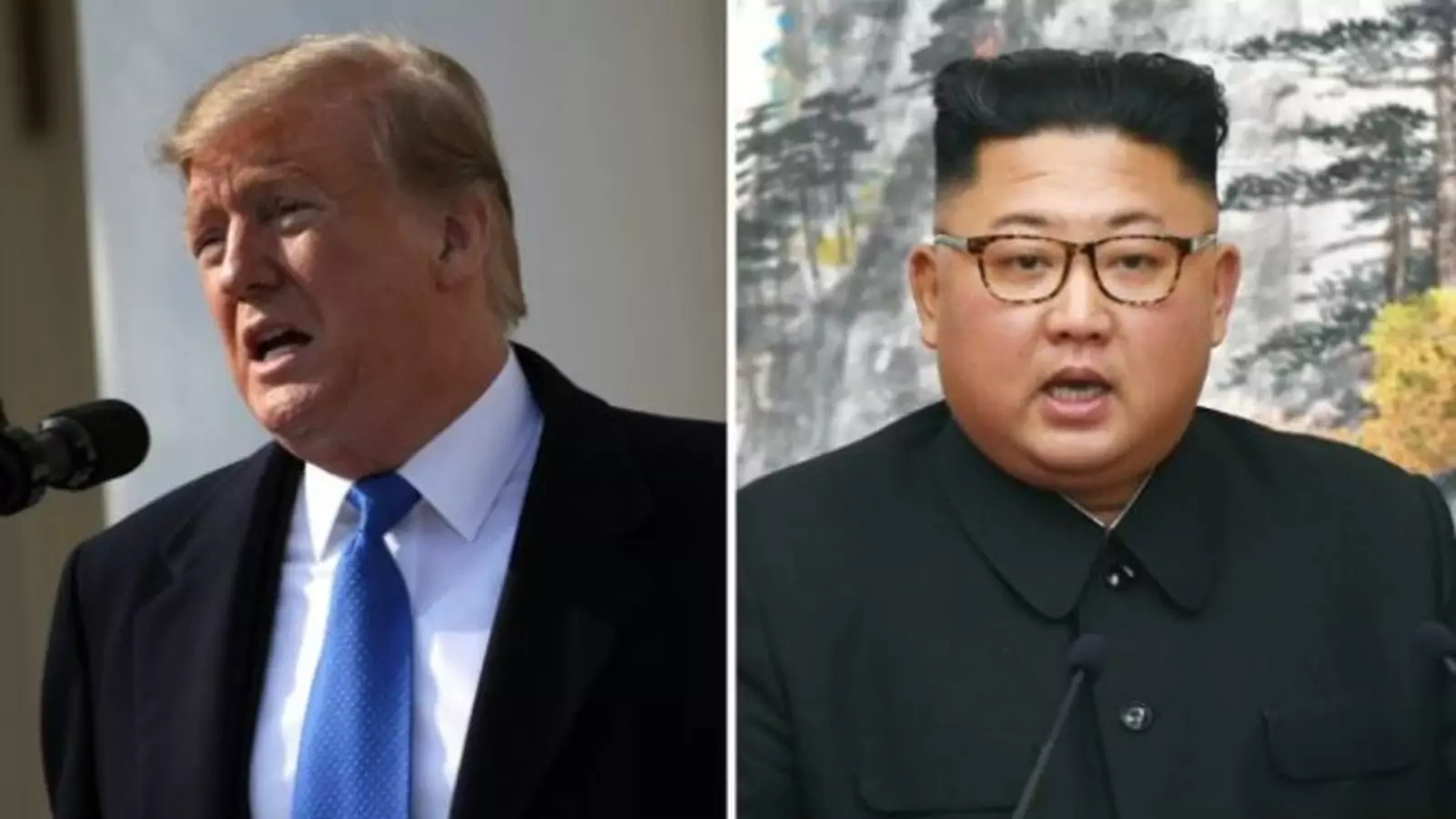The Hanoi Summit: Comparing Trump to Reagan at Reykjavik Is Wrong

Originally published at The Hill
March 3, 2019 12:00 am (EST)

- Article
- Current political and economic issues succinctly explained.
President Trump’s walk away from his summit with North Korean leader Kim Jong Un is being compared to President Reagan’s walk away from the 1986 Reykjavik summit with Soviet leader Mikhail Gorbachev — a U.S. leader with the strength to say no deal and suffer the short-term political fallout of a failed summit, with the eventual outcome being historic progress in nuclear arms reductions.
At Reykjavik, after intensive negotiations, Reagan walked away from the possibility of eliminating all U.S. and Soviet ballistic missiles and the consideration of the elimination of all nuclear weapons because the deal would have included constraints on strategic defense that he believed were not in the U.S. interests. Despite the widely held view that the summit was an abject failure, the relationship established between Gorbachev and Reagan during the summit set the U.S. and Russia on the path to eliminate their nuclear weapons stockpiles by over 80 percent in the intervening years.
More on:
While the Reykjavik analogy is appealing on its surface, there are a number of differences between the two situations, including the fact that Kim is no Gorbachev, a leader who was committed to reform.
The more troublesome and fitting historical analogy may be the dissolution of President Nixon’s historic realignment of U.S.-Soviet relations due to the corrosive impact of Watergate on his leadership domestically. Détente and Watergate were inextricably linked from the outset. The two major events unfolded and unraveled simultaneously, very similar to Trump’s North Korea summits and the Russia investigations. The Singapore summit came on the heels of the Manafort indictments and this latest summit in Hanoi was a split screen with the Michael Cohen hearings.
In 1972, Nixon flew home from his transformational summit in Moscow, with the first major Strategic Arms Limitation agreements in hand to triumphantly address a ioint session of Congress. Two weeks later, the Washington Post reported the Watergate break-in of the Democratic National Committee.
By the time Nixon resigned more than two years later, détente with Russia was under siege from both liberals and conservatives in part, as Henry Kissinger noted, because Watergate erupted and weakened the presidency. As Kissinger observed in his memoires, “To maintain the dual track of firmness and conciliation required a disciplined Executive Branch and a Congress and public with confidence in their government; …Unfortunately the erosion of Nixon’s domestic base prevented us from fully implementing our strategy.”
Denuclearization of North Korea is a very difficult but necessary goal. As the president and Secretary of State Mike Pompeo have stated, the outstanding challenges include, verification mechanisms, the definition of “denuclearization,” details on timing for sanctions relief, all challenges the U.S. has grappled with in previous negotiations made only more complicated by the major advancements made in North Korea’s missile and nuclear weapons program. It is clear from the president’s assessment of the outcome of the Hanoi summit that such negotiated achievements continue to remain out of reach.
More on:
But, if Trump’s diplomacy is to be successful, the success of the agreement has another important hurdle, domestic support. The president will need to convince the Congress and the American public that the deal is a good one that will keep the U.S. safe and secure — not a politically convenient one, patch worked together to distract from his domestic problems. Walking away was the easier part of that strategy. It is much harder to make the case for a deal.
As the history of previous North Korea agreements and the Iran deal demonstrate, to be sustainable, the agreement should be a treaty, which will require two-thirds support — therefore, bipartisan support — in the Senate. But whether the agreement is a treaty that requires Senate advice and consent or an executive agreement, which technically would not, it will still need congressional support.
Trump will need the Congress for sanctions relief, a central component of the negotiations. Furthermore, one of the biggest challenges that previous presidents faced in their efforts to stem the tide of North Korea’s nuclear ambitions was convincing the Congress to fund the economic carrots that were elements of previous deals with a brutal authoritarian regime that could not be trusted.
Trump has been promising North Korean economic development as a quid pro quo for North Korean denuclearization and saying that this can happen quickly. While that would most certainly include international and regional support, it will also require support from both the House and the Senate for the U.S. contribution to that effort.
Whether Trump will be able to provide the leadership domestically remains to be seen. But it is a hurdle that should not be dismissed or overlooked under the misleading glow of a Reagan at Reykjavik comparison.
 Online Store
Online Store